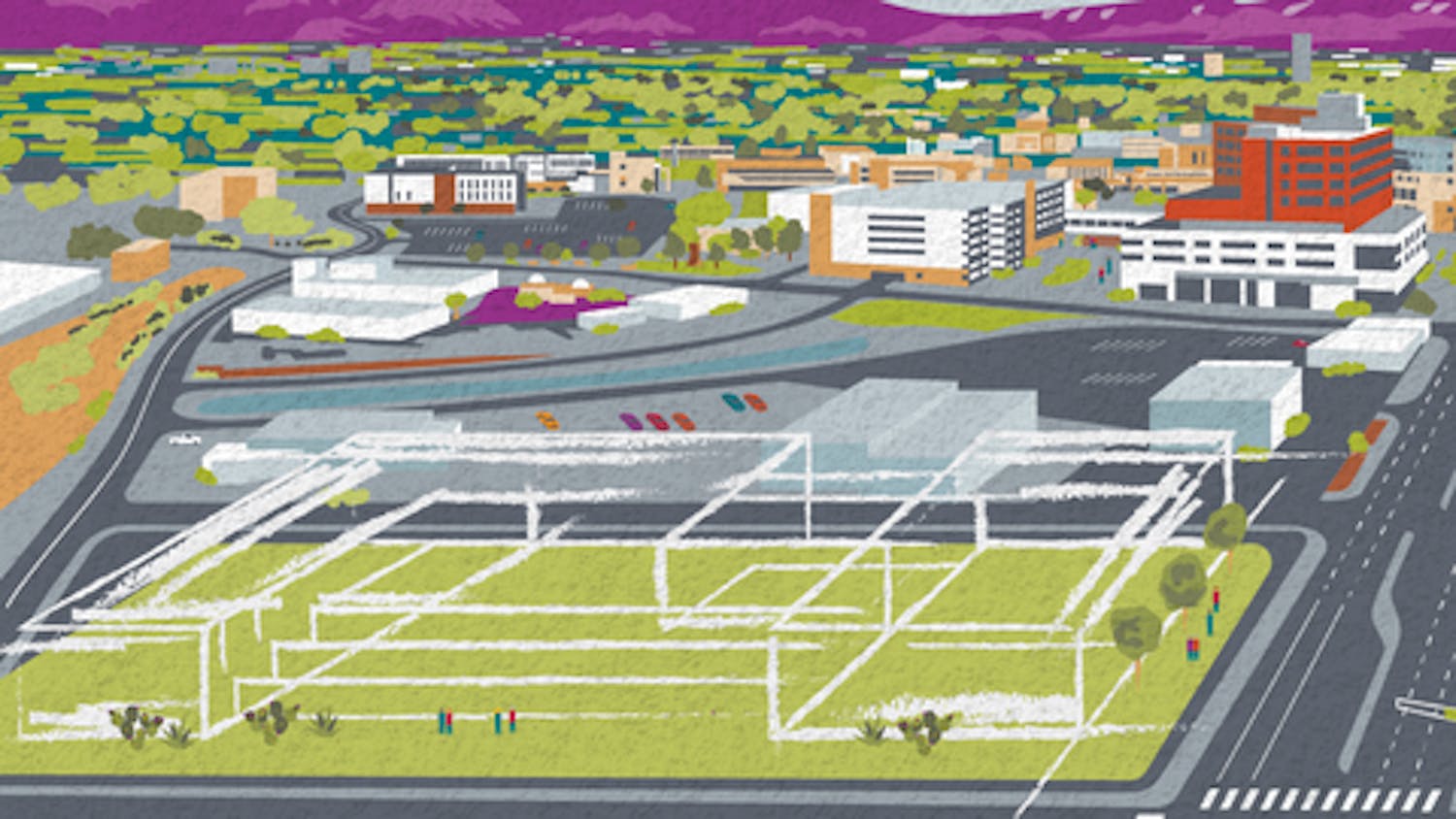Research of human origins and evolution during the past decade has helped scientists better understand the forces behind evolution in early humans, a visiting lecturer said Thursday.
But, the past ten years has also produced the same product paleontologists' work for the past 100 years has: more questions.
Carol Ward, an associate professor of anthropology and anatomy at the University of Missouri-Columbia, was the first speaker in UNM's Sigma Xi Science and Society series meant to bring scientific researchers to campus to discuss their work.
Her lecture, "Human Origins: Newest Evidence of our Earliest Ancestors," focused on using fossil records to answer questions about evolution among early hominids, particularly Australopithecus afarensis.
Australopithecus afarensis is a hominid theorized to have originated from Africa about 3.5 million years ago. The famous partial fossil skeleton "Lucy," discovered by two researchers in the Hadar region of Ethiopia in 1974, is considered to be the hominid Australopithecus afarensis.
"Biologically speaking, we have put hominids into a much more realistic evolutionary context," Ward said. "There's much more diversity in the past than we ever knew of."
Get content from The Daily Lobo delivered to your inbox
During the lecture, Ward examined components of early human anatomy, such as thorax size, arm length, ankle structure and knee-hip movement as they related to the development of bipedalism.
"I'm really interested in locomotion and bipedalism," Ward said. "It's such a distinctive feature for humans."
While presenting her views based on data produced by her and other's research, Ward avoided stating solid conclusions and instead expressed her opinion on whether fossil records dispute or refute common theories.
"I foresee that, in the next few years, we will know a heck of a lot more than we do now," Ward said. "What we need to do is get out (and conduct field research)."
She said new finds collected in Africa in the past few years should begin surfacing in the scientific community and shedding light on established theories.
Ward has taken one trip to Africa to conduct field research over a four-week period. She said she will travel to Hungary next year to conduct more field research.
"To go and hold these original fossils - to know that these are from millions of years ago; its an almost religious experience," she said. "It's what it's all about."
At the end of the lecture, Ward fielded questions from the more than 70 audience members.
Assistant UNM anthropology professor Osbjorn Pearson said the lecture was informative but that the study of evolution and bipedalism is far from over.
"It's likely to be a debate that will remain lively," he said.





